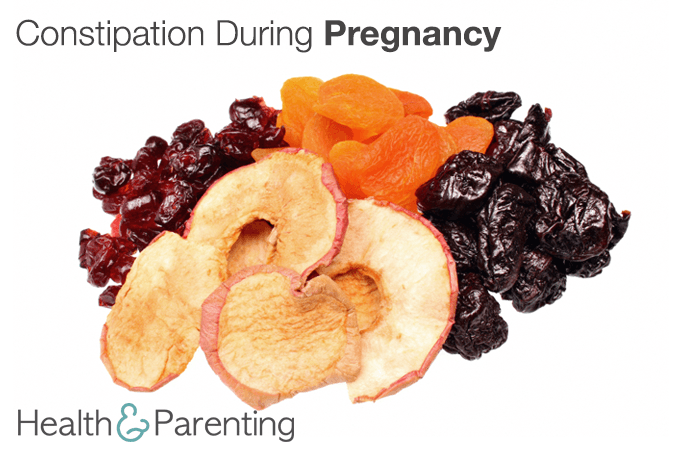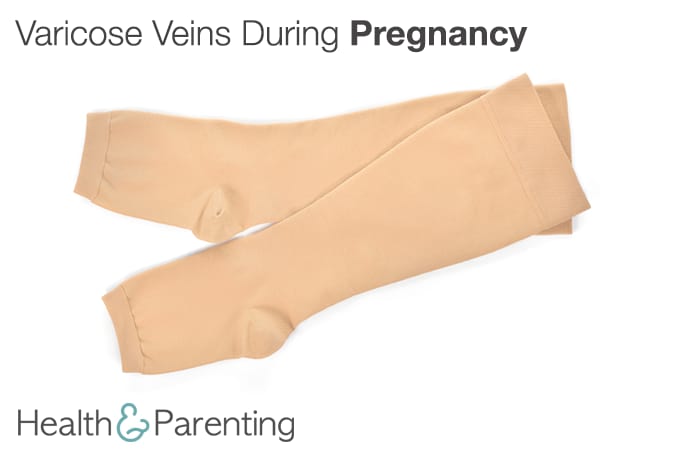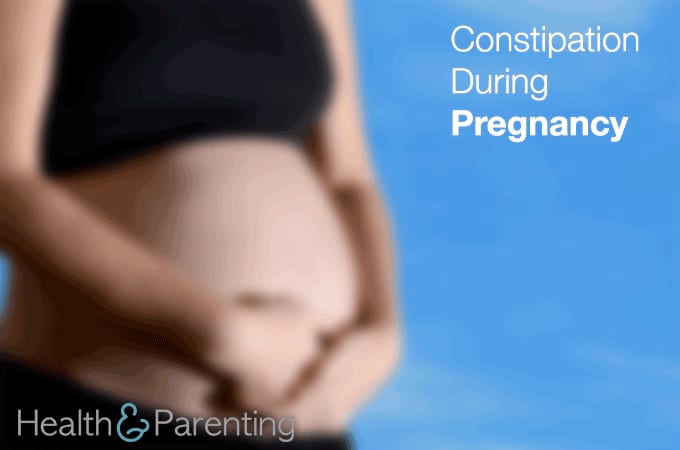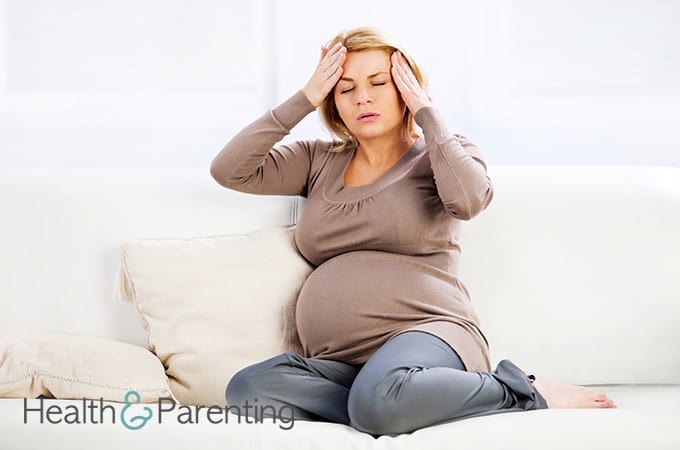You are more susceptible to constipation during pregnancy. Your digestion slows down to make sure you absorb as many nutrients from food as possible, so that you have enough to nourish yourself and your baby. This slow digestive system could cause constipation. As your uterus grows, the increased pressure on your digestive system could also cause constipation.
Symptoms of constipation
If you are having difficulty when passing stools, you may be suffering from constipation. Common symptoms include:
- dry and lumpy stools
- abnormally large/small stools
- stomach ache
- stomach cramps
- bloating
- nausea
- loss of appetite
Foods that can relieve constipation during pregnancy
Something as simple as changing what you eat could actually make you feel a whole lot better. The following foods could relieve your constipation, and help get things ticking over once again:
1. Berries– grab yourself a bowl of mixed berries. Strawberries, blueberries and blackberries are all high in fibre, and could help to relieve your constipation.
2. Prunes – your grandma probably swears by this treatment, and that’s because it works. You can eat the prunes, or buy a carton of prune juice to enjoy. Prunes are high in fibre, and contain a natural laxative.
3. Beans – beans are one of the best sources of dietary fibre. Add beans to stews, soups, curries and salads to increase your intake of fibre. You could also sit down to a plate of baked beans on toast – but make sure the toast is on wholemeal bread, because white bread could actually make your constipation worse.
4. Dried fruits – dried fruits are full of fibre, and a great way to relieve constipation. Raisins, apricots, pineapple, prunes, dates and figs are all full of dietary fibre. Snack on dried fruits throughout the day.
5. Cereal – choose a high-fibre cereal to help relieve constipation. The cereal will usually say whether it’s high fibre, or you can check the nutrition table on the box. Sprinkle some flaxseed on top for extra oomph.
When to call your healthcare provider
If you are suffering from persistent constipation, contact your healthcare provider for advice. Your doctor may prescribe a laxative, and only certain laxatives are safe to use during pregnancy.
Do you have any tips to relieve constipation?
Written by Fiona, proud owner of a toddler, @fiona_peacock
This information is not intended to replace the advice of a trained medical doctor. Health & Parenting Ltd disclaims any liability for the decisions you make based on this information, which is provided to you on a general information basis only and not as a substitute for personalized medical advice. All contents copyright © Health & Parenting Ltd 2018. All rights reserved.













